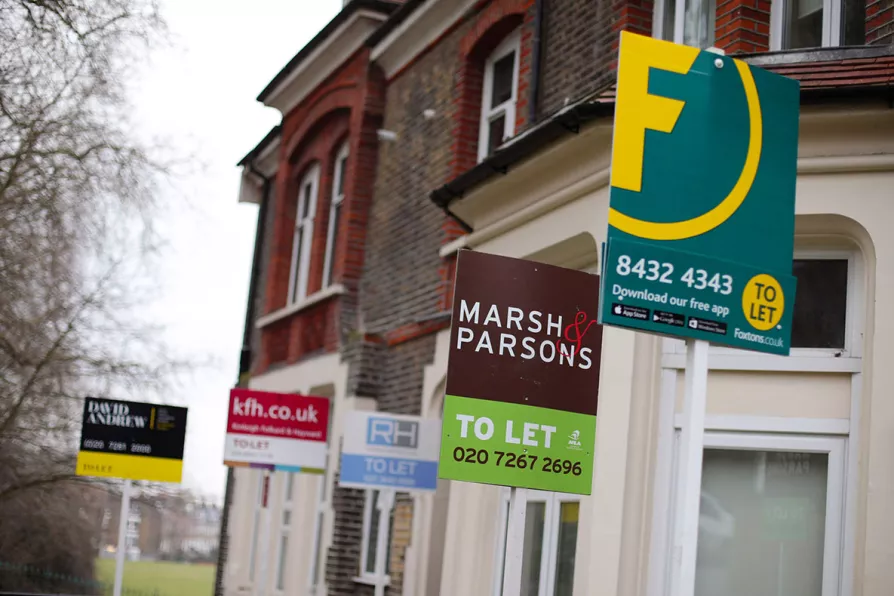
 A row of To Let estate agent signs placed outside houses in north London
A row of To Let estate agent signs placed outside houses in north London
PRIVATE renters in England have saved nearly a billion pounds since letting-agent fees were effectively abolished six years ago, according to research published today.
Before the ban came into force under the 2019 Tenant Fees Act, 45 per cent of tenants who moved into their new homes were charged the fees, at an average of £269 per household.
Generation Rent estimated that if the fees had continued at this rate, new tenants would have been collectively charged £889 million.
After a successful campaign by the housing group, the government introduced the Act, which restricted and banned a number of unfair charges.
These included non-refundable fees at the start, renewal and end of tenancies, and capping deposits at five weeks’ rent for most tenancies.
Generation Rent also looked into tribunal cases under the Act, and found there had been 68 cases since it came into force six years ago.
Almost three quarters — 72 per cent — returned a positive outcome for the tenant, meaning at least some of the contested sum was returned. In 62 per cent of cases, tenants received the full amount back.
Some 65 per cent of cases were linked to the failure of landlords or letting agents to return holding deposits, typically when the tenancy did not go ahead.
Generation Rent chief executive Ben Twomey said: “Before they were banned, fees gave letting agents a licence to print money, with some agents charging as much as £800 to start a tenancy.
“Renters had little option but to pay the fees, which also made it difficult to compare the true cost of renting a home.
“Since it came into force, the Tenant Fees Act has saved renters nearly a billion pounds, and simplified the process of finding a home. But there is still much more to do to make renting more affordable and reduce unwanted moves.
“We want to see more positives like the Tenant Fees Act, and are committed to fighting to rebalance the system, and get more money back into renters’ pockets — where it belongs.”










